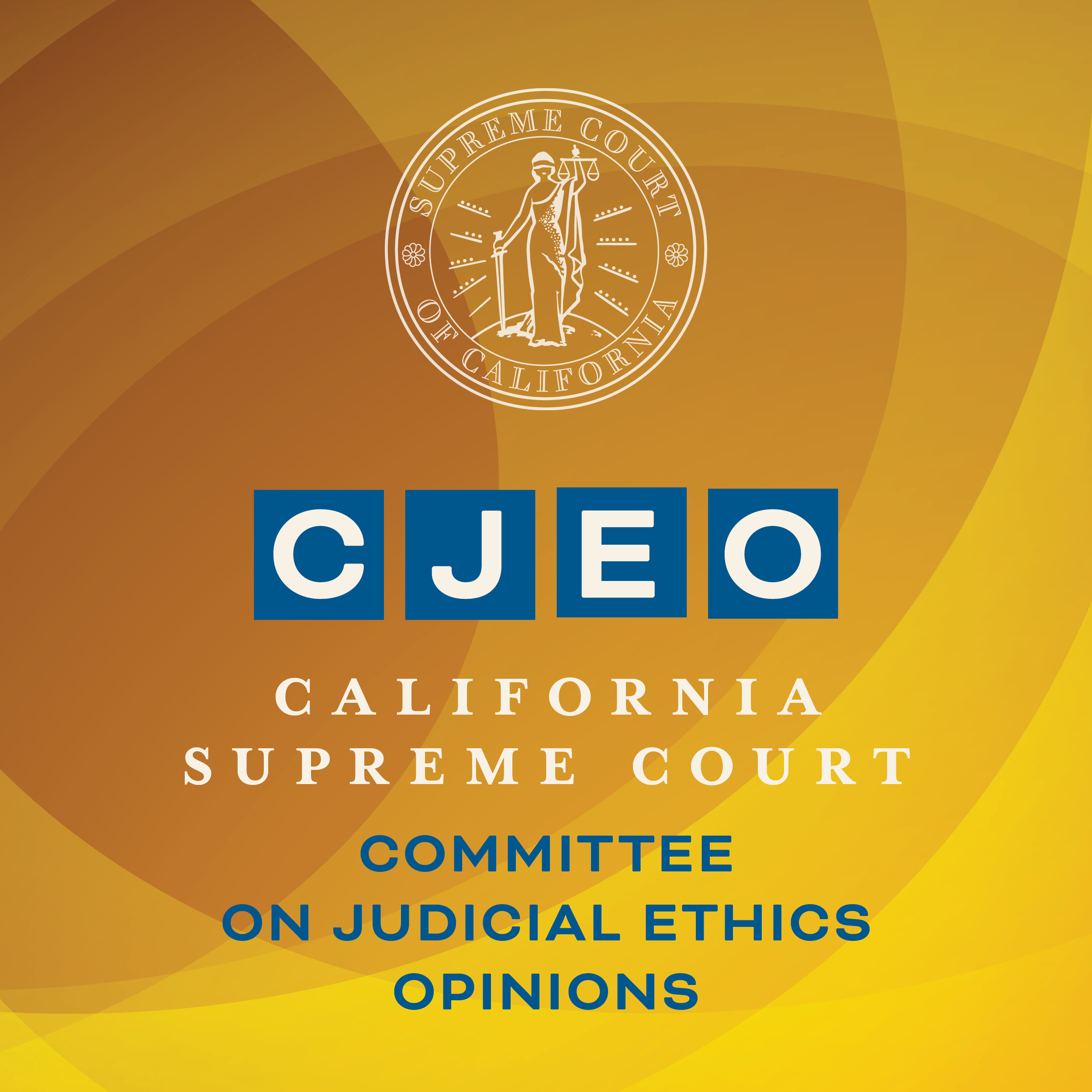Ethics Committee Issues Advice about Disqualification When a Judge’s Spouse May be a Trial Witness
The California Supreme Court Committee on Judicial Ethics Opinions (CJEO) has issued advice about when a judge should disqualify when defense counsel expresses an intent to call the judge’s spouse as a witness during the sentencing phase of a capital trial.
In CJEO Expedited Opinion 2022-046, the committee concludes a judge must disqualify from hearing the capital case as soon as, to the judge’s knowledge, the judge’s spouse is likely to be called as a material witness in the case. If the spouse’s testimony is ruled admissible at an evidentiary hearing, the committee explains, this is a clear indication the spouse is likely to be called as a witness and the judge must disqualify immediately.
There may also be instances when a judge must disqualify earlier, for example, if the judge already knows that the judge's spouse is likely to be called as a witness based on the facts of the case. In addition, as in any case, a judge must disqualify if a fully informed, reasonable observer would have cause to doubt the judge’s impartiality.
Judges have an equally important duty to disqualify from hearing cases when
there is a doubt about impartially and to hear cases when there is no such doubt. This opinion provides guidance to judges about the timing of disqualification decisions and factors to consider when there’s a chance a judge’s spouse may be called to the stand,” said committee member Judge George Abdallah, Jr.
The committee also notes in the opinion that, once disqualified, a judge’s prior rulings are valid and need not be set aside unless the grounds for disqualification arose earlier and the judge failed to timely disqualify.
About the Committee on Judicial Ethics Opinions (CJEO)
The Committee on Judicial Ethics Opinions is a 12-member advisory committee that includes appellate justices, trial court judges, a retired judge, and a commissioner. The committee is appointed and authorized by the California Supreme Court, but its work is independent of the court, the Judicial Council, and all other entities. Its opinions are advisory and do not necessarily reflect the views of the California Supreme Court or any other entity.
The committee issues formal, informal, and expedited advisory opinions on proper judicial conduct pursuant to the California Code of Judicial Ethics and other authorities. CJEO posts its opinions on the CJEO website for the benefit of the bench and the public.


